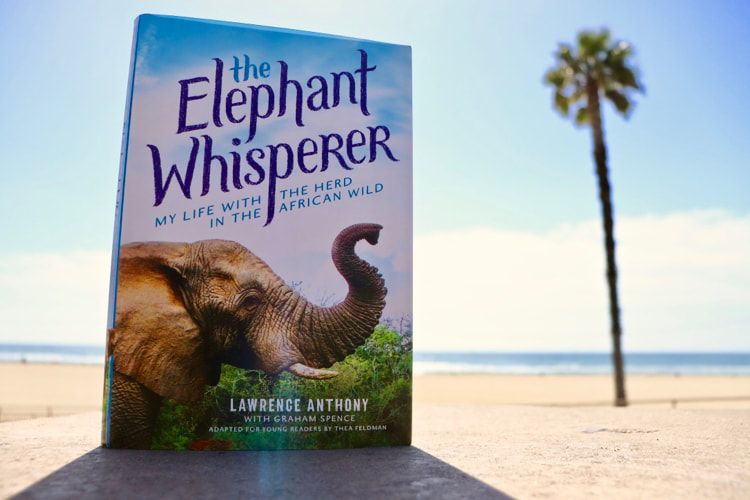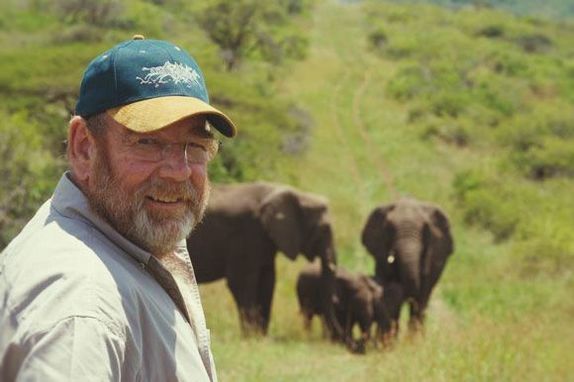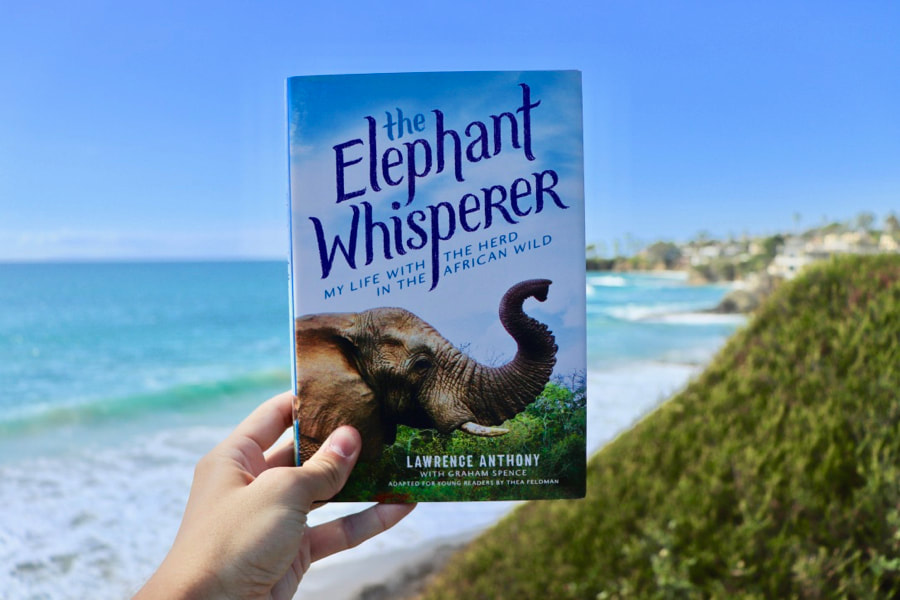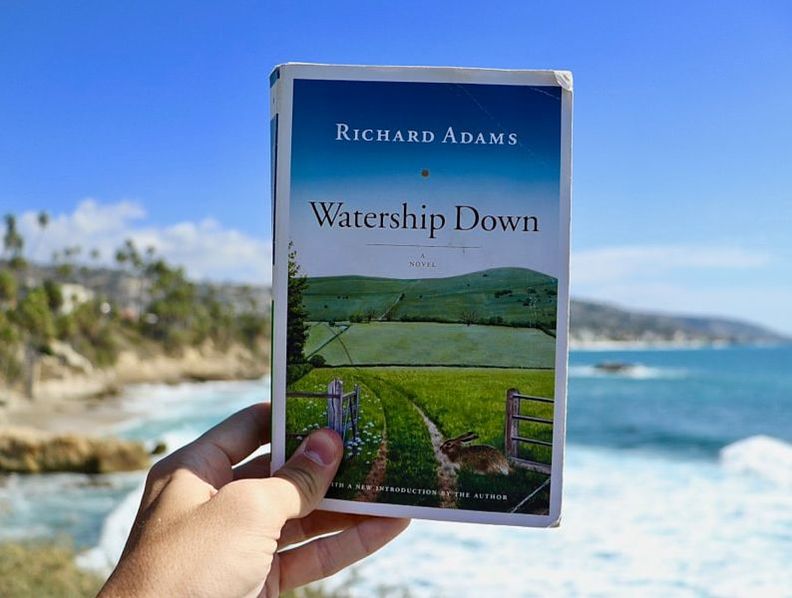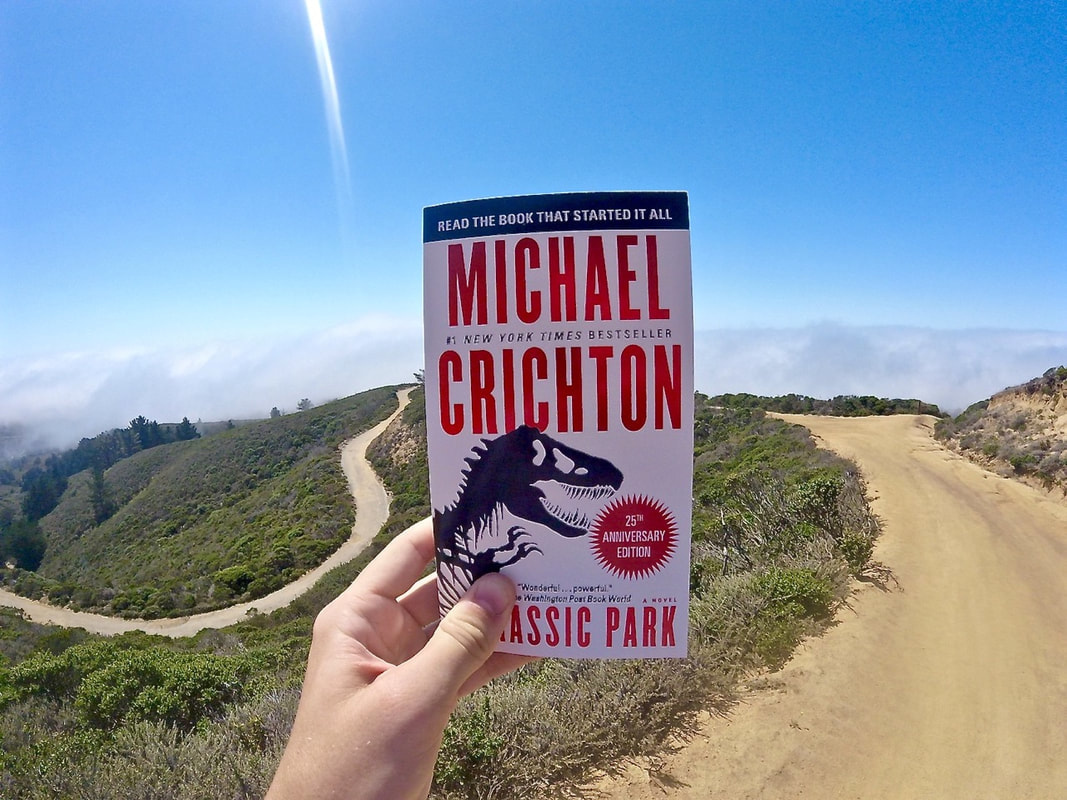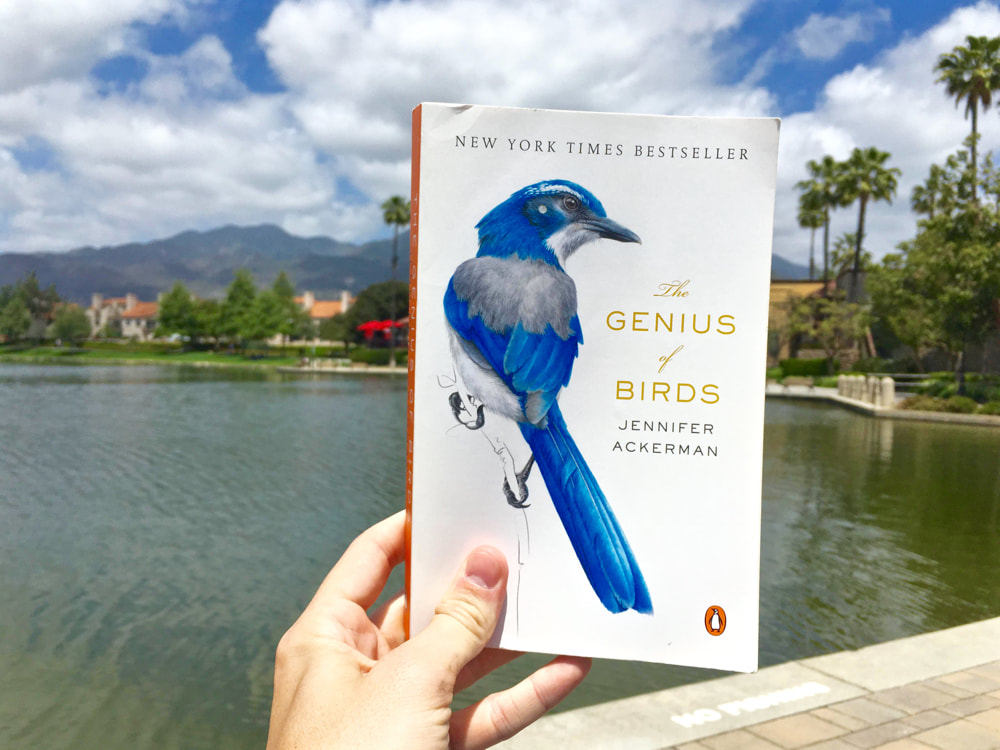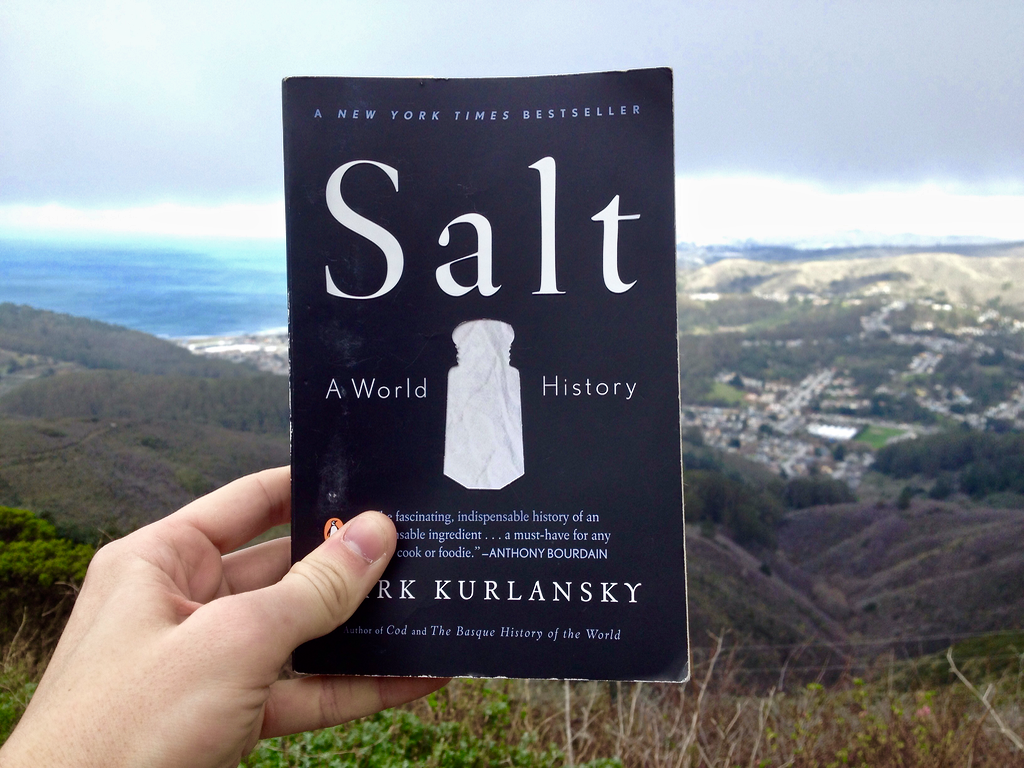| "Perhaps the most important lesson I have learn is that there are no walls between humans and elephants except those we put up ourselves. And that until we allow not only elephants, but all living creatures their place in the sun, we can never be whole ourselves." — Lawrence Anthony, The Elephant Whisperer |
In most parts of Africa, rogue elephants are shot.
So when Lawrence Anthony was asked to take in an entire herd of rogues in 1999, he knew his answer meant a life or death sentence to the pachyderms. Even if he did adopt the elephants, Anthony and his team would have to overcome great obstacles to safeguard them. They would have to fight off desperate poachers, build electric fences from scratch, fend off other animals on the reserve, treat various sicknesses; most importantly, Anthony would have to do what few humans have ever have with damaged elephants: heal their trust in humans. Or else.
Thula Thula, Anthony's game reserve, means "peace and tranquility," but it was a flurry of activity and worry in the two weeks leading up to the drop-off. Helicopter herding, not-strong-enough-tranquilizer guns, trucks breaking down in knee-high mud, infiltrating poachers and sellout-staff-members, electric power outages, stampeding matriarchs—the early months were rough-going. But there on the plains of South Africa, over the course of twelve years, Anthony slowly earned the trust of Frankie, Nana, Mnumzane, and the others. In The Elephant Whisperer, Lawrence Anthony recounts:
The Elephant Whisperer recounts these harrowing and uplifting experiences and others via a page-turning, afternoon-sized commitment that left me daydreaming about my own African adventure and browsing for flights. [JG]
So when Lawrence Anthony was asked to take in an entire herd of rogues in 1999, he knew his answer meant a life or death sentence to the pachyderms. Even if he did adopt the elephants, Anthony and his team would have to overcome great obstacles to safeguard them. They would have to fight off desperate poachers, build electric fences from scratch, fend off other animals on the reserve, treat various sicknesses; most importantly, Anthony would have to do what few humans have ever have with damaged elephants: heal their trust in humans. Or else.
Thula Thula, Anthony's game reserve, means "peace and tranquility," but it was a flurry of activity and worry in the two weeks leading up to the drop-off. Helicopter herding, not-strong-enough-tranquilizer guns, trucks breaking down in knee-high mud, infiltrating poachers and sellout-staff-members, electric power outages, stampeding matriarchs—the early months were rough-going. But there on the plains of South Africa, over the course of twelve years, Anthony slowly earned the trust of Frankie, Nana, Mnumzane, and the others. In The Elephant Whisperer, Lawrence Anthony recounts:
- The time the daughter elephant of the previously killed Matriarch, Frankie, nearly killed Anthony on a quad bike out of fear; a year later she was parading her healthy calf to him outside his home.
- The herds' curiosity with metal texture, especially on cars. They pull on antennas, slobber on windshields, and run their trunks over the brushed smooth Jeep hoods.
- How Anthony's 5 oz. newborn kitten chased the herd away from the fence; only to then be charged herself, sniffed, and fanned by flapping ears.
- When fires threaten the entire reserve and man, dog, elephant, and crocodile alike bond at the river together.
- The disturbing tendencies of bullying and power-maneuvers amongst elephants, alongside the familial loyalty and commitment.
The Elephant Whisperer recounts these harrowing and uplifting experiences and others via a page-turning, afternoon-sized commitment that left me daydreaming about my own African adventure and browsing for flights. [JG]
DID YOU KNOW?
- African elephants are the largest land mammals on the planet? Full grown males can weigh up to 14,000 lbs! That's 3 Toyota Camrys full of people. Females can reach 8,000 lbs.
- They roam the continent in herds of fifteen or so, and, interestingly choose to divide by gender. Male herds are typically led by the strongest bull, and female herds by the Matriarch, the oldest and most experienced, who sets the travel and rest pace for the others.
- Female elephants undergo the longest pregnancy of all mammals: 22 months. Males grow to full maturity at their female relatives' sides until about age twelve, before departing to join his male counterparts or form a new herd.
- An elephant's trunk is a complex neural network, hyper-sensitive to smell and touch. In fact, elephants have been observed avoiding certain types of delicious acacia trees because they don't want to risk getting ants and other insects crawling into their trunks, which is very uncomfortable for them.
- Their large padded feet and six(!) toes can detect seismic signals from deep underground, which travel up their legs and shoulder bones to the middle ear. By comparing timing of signals received, elephants are adept at determining sound direction.
- Like human toddlers, (as well as great apes, dolphins, and some magpies), elephants can recognize themselves in mirrors and water reflections.
WHO WAS LAWRENCE ANTHONY?
| Lawrence Anthony (1950-2012), nicknamed "the Indiana Jones of Conservation," is one of the most acclaimed wildlife advocates. He received the UN's Earth Day award for rescuing the animals in the Baghdad Zoo during the Iraq war in 2003. He wrote about the experience in his first book Babylon's Ark. Anthony's third and final book is titled The Last Rhinos and recounts his efforts to save the few surviving northern white rhinoceros in the DR Congo. |
| "Through Lawrence, legions of people today now know that the wilderness is not something out there. It's your soul." — Graham Spence, The Elephant Whisperer |
YOU MAY ALSO LIKE

